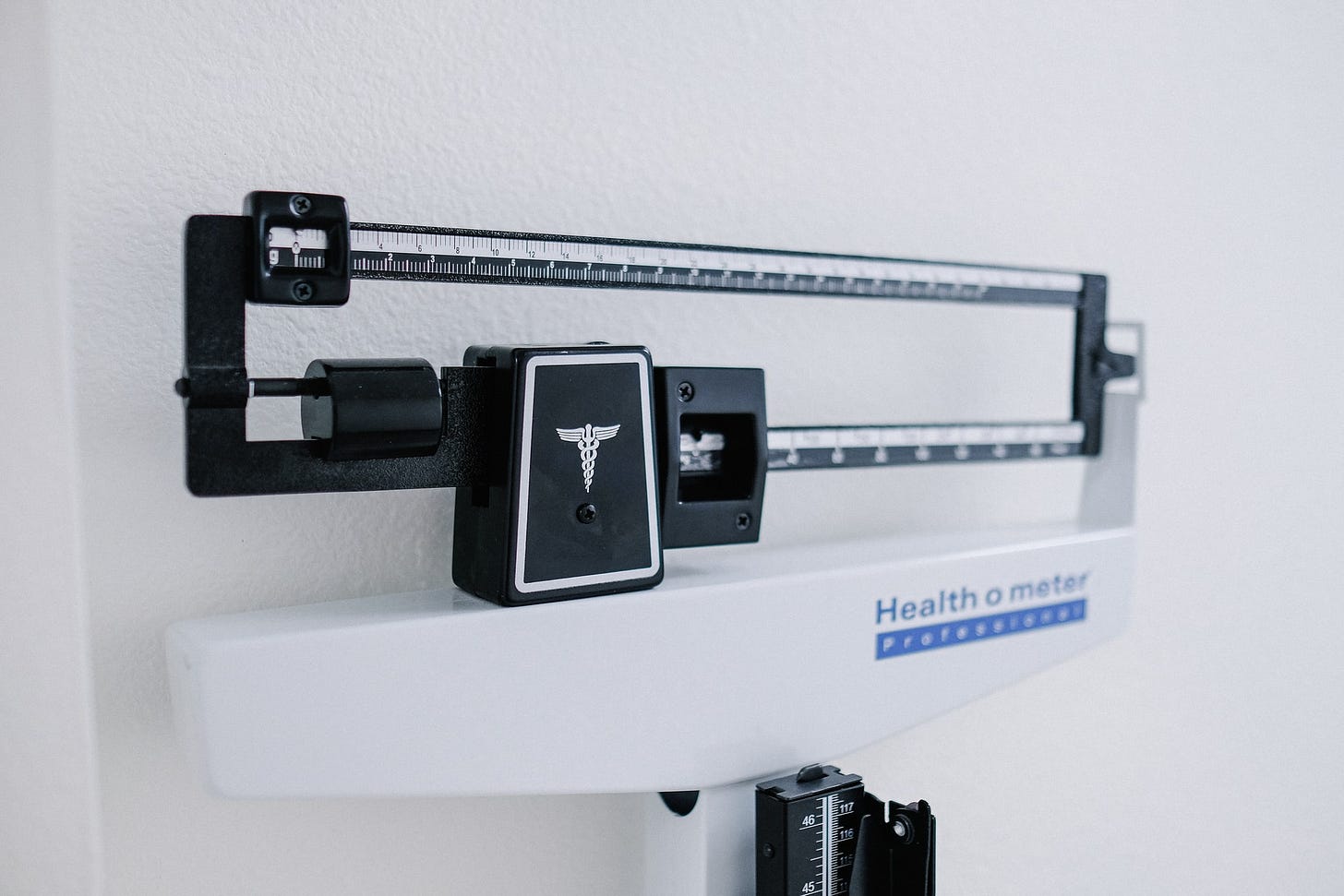I am often accused by some commentators on social media for blaming, and by implication shaming, people with MS about lifestyle factors that may impact the long term outcome of their MS.
One person even said to me that I should “stop pushing ‘lifestyle changes’ as a code for ‘losing weight’ on people as a fix. It’s insulting and belittling”. This is in fact incorrect. My dietary recommendations (caloric restriction, intermittent fasting and ketogenic diets) are directed at biohacking and using ketosis as a neuroprotective and pro-remyelinating strategy rather than specifically telling people to lose weight loss. For more information on my dietary advice please see my MS-Selfie Newsletter on “Which is the best MS diet?” from 25th August 2021.
Similarly, exercise be it aerobic and/or high-intensity interval training or HIIT is about inducing changes within the CNS to promote recovery of function and anti-inflammatory effects in the periphery. The fact that these dietary interventions and exercise can lead to, but not necessarily, weight loss is really not that relevant. However, by saying this obesity is an issue for pwMS in that there is clear evidence that obesity itself impacts MS outcomes and affects the quality of life of pwMS. Treating obesity in pwMS is associated with an improvement in MS outcomes and quality of life (please see: Stenberg et al. Bariatric and metabolic surgery in patients with morbid obesity and multiple sclerosis – a nationwide, matched cohort study. Surg Obes Relat Dis. 2021 Jun;17(6):1108-1114.).
Obesity is also associated with and causes many comorbidities, which in turn impact MS outcomes (please see: Mendizabal et al. Comorbid disease drives short-term hospitalization outcomes in patients with multiple sclerosis. Neurol Clin Pract . 2020 Jun;10(3):255-264.). Therefore, there are compelling medical arguments for preventing and treating obesity in pwMS.
Disease vs. Lifestyle choice
Is obesity a disease or a lifestyle choice? Although this remains a good debate for medical philosophers I am firmly in the camp that at a population level obesity is a metabolic disease that needs to be treated. However, it is up to individuals to choose whether or not they want their obesity treated, in the same way, they have the right to have their MS treated or not.
Some people with MS may not agree with me and hence choose not to have their obesity treated. In these people, obesity is a lifestyle choice and they are presumably well-informed and comfortable with the consequences of being obese. In this situation, who am I to interfere with them? However, I still feel I have a responsibility to ask the question about the problem?
Because of the sensitive issue of fat-shaming, it is important to open the discussion about weight in a respectful and non-judgmental way. You will be more open to talking about it and seek help if you feel respected. Before asking patients if they wish to discuss their weight, I mention the impact being overweight can have on MS and general health. I usually bundle the weight issue with a discussion about general health and wellbeing. I use the term weight or BMI, which people prefer to the terms such as obesity, obese, fat, excess fat and being overweight. I am also cognizant about cultural differences, for example, in certain cultures being overweight is still viewed as a sign of being healthy and/or affluent.
So as a neurologist who manages people with MS should I ignore lifestyle issues such as smoking, alcohol misuse, poor diet, obesity, sedentary behaviour? Maybe this should be left to the GP or family doctor? What does your neurologist do?
Please note weight also swings both ways. I have numerous patients who are too thin. Some have eating disorders, others caloric restrict too much to treat their MS, others don’t eat to avoid food coma and others may have a systemic disease associated with loss of weight that needs to be diagnosed and managed. Being too thin is also associated with poor health outcomes. So asking about weight is very relevant to the holistic management of MS.
Please note that over the last 20 years the dogma that obesity is due to ‘too many calories in’ (overeating) and ‘too few calories out’ (too little exercise) has been debunked. Not all calories are made equal, i.e. not all calorific foods are obesogenic. Obesity is a metabolic or endocrine disorder and there are well-established ways to treat obesity. The corollary is also true, there are well-established ways to become obese. So if you have concerns about your weight, be it that you are underweight or overweight please discuss it with your HCP.
Subscriptions/Donations
Access to MS-Selfie and the microsite, which is currently been worked on by a medical writer and web designer, will be free to all readers. Paying subscribers and future paying subscribers are kindly supporting the site for everyone.
If you value these Newsletters and Case studies please consider becoming a paying subscriber it would be much appreciated.
I would like to thank those of you who are paying subscribers; your support is much appreciated. I am now planning to launch an online course or programme to help skill-up people with MS about the disease and to teach them how to self-manage their MS. Funds raised by subscriptions will also be used for this course.
General Disclaimer: Please note that the opinions expressed here are those of Professor Giovannoni and do not necessarily reflect the positions of Barts and The London School of Medicine and Dentistry nor Barts Health NHS Trust. The advice is intended as general advice and should not be interpreted as being personal clinical advice. If you have problems please tell your own healthcare professional who will be able to help you.
















Share this post